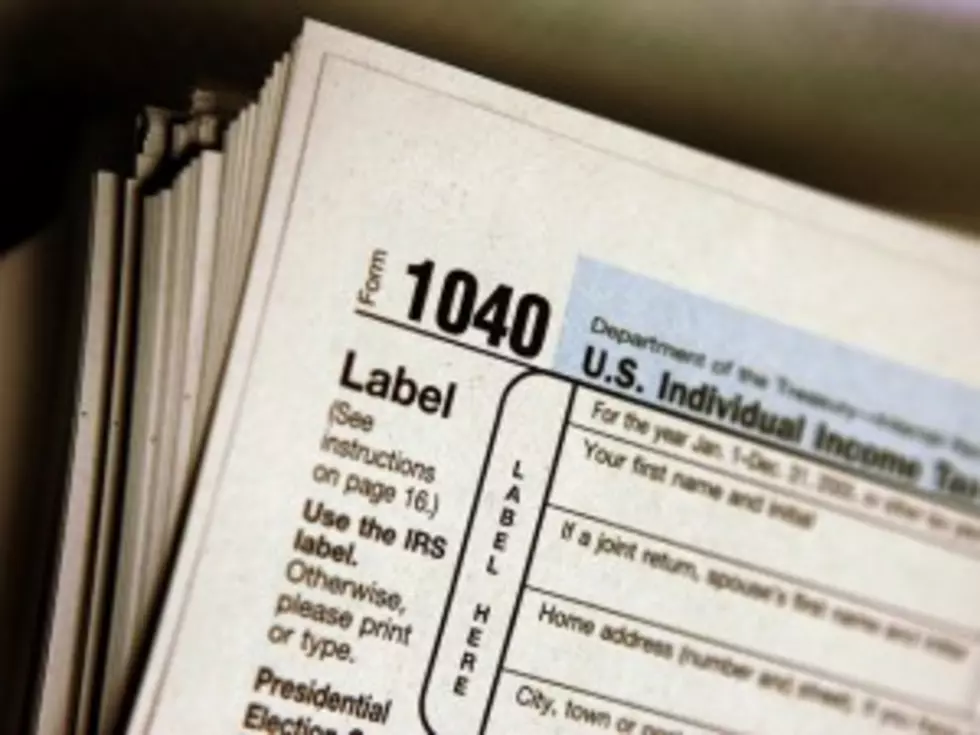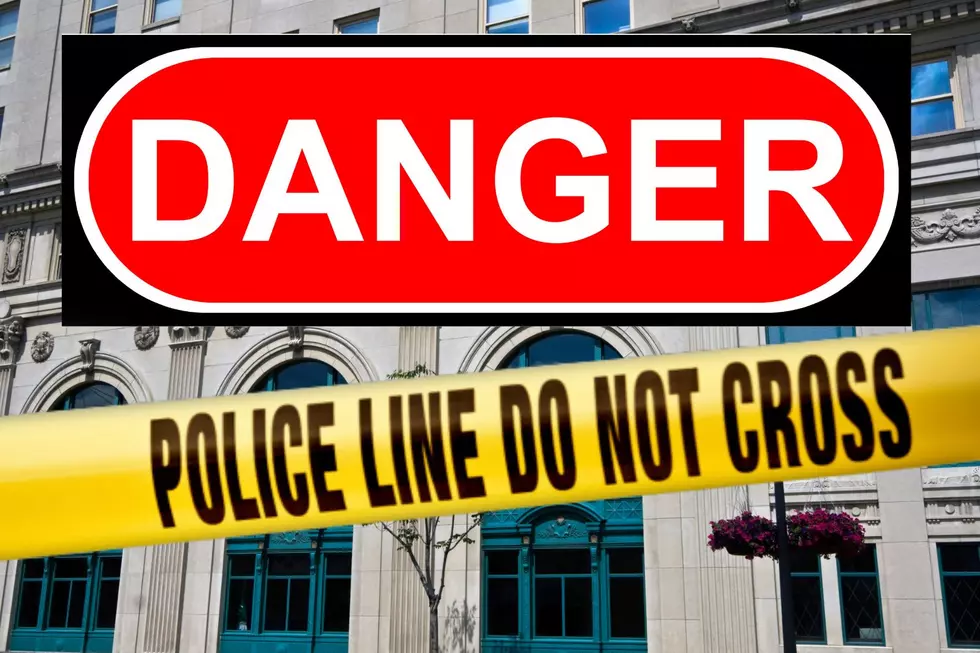
Many Tax Payers Are Surprised That The ACA Requires Some Subsidy Payback
As the deadline to file your taxes nears, I'm sure we'll hear more and more about this story in the tabloid news media outlets. Frankly, I'm surprised that those opposed to the Affordable Care Act haven't been like a dog with a bone with this story. It's regrading the fact that many consumers are facing some unexpected financial consequences with their new health insurance policy.
We knew that millions of Americans will now have to chip into the health care system and finally get insurance, sort of 'evening out the paying field.' Yes, I meant 'paying.' We knew that if you didn't, you could be fined, much like driving a car without insurance. But did you know that millions of consumers actually have to pay back part of the subsidy they received to offset the cost of monthly insurance premiums? In an article published by NPR:
A consumer was surprised and pleased to learn that she qualified for a $177 premium tax credit that is available to people with incomes between 100 and 400 percent of the federal poverty level. The tax credit, which was sent directly to her health insurer every month, reduced the monthly premium she paid for her $400 plan to $223.
When she filed her 2014 income taxes earlier this month she got the bad news: She must repay $750 of the tax credit she'd received.
But this newly insured consumer is not complaining. The tax credit made her health insurance much more affordable than in years past. Having insurance also gave her the piece of mind the ACA safety-net provides.
The article also says that::
An analysis by H&R Block of the first six weeks of returns filed through the tax preparer show that the average repayment was $530, while about a third of marketplace enrollees got a tax credit refund of $365, on average.
So the best advice I can give tax payers is that, if your income or your family status changes, go back to the Obamacare insurance marketplace and make adjustments so you can minimize repayment issues when it's time to file your 2015 taxes.
Also, if you're stubborn and took the fine (averaging $173), rather than purchase insurance, remember, fines will double and triple in coming years actually making it more affordable to just pay into the system.
Follow @markrichardsdj Follow @mix96buffalo
[NPR]
More From The New 96.1 WTSS









